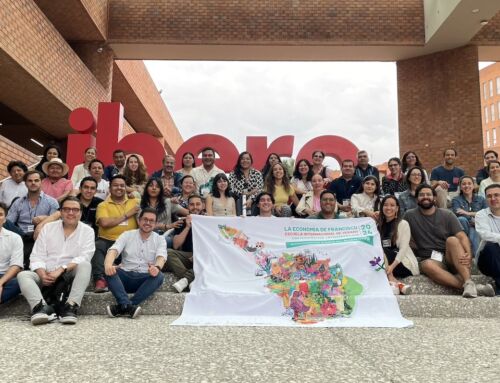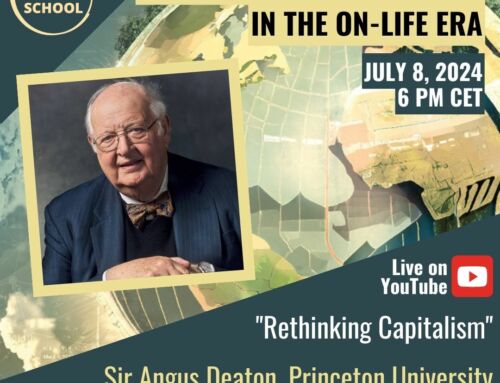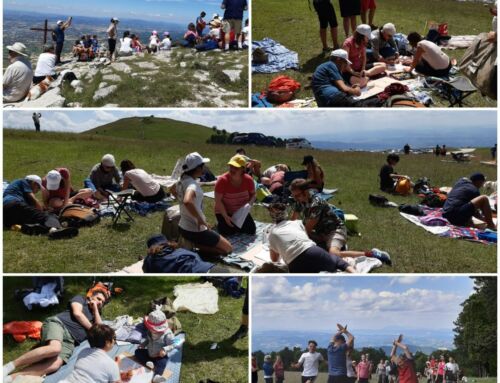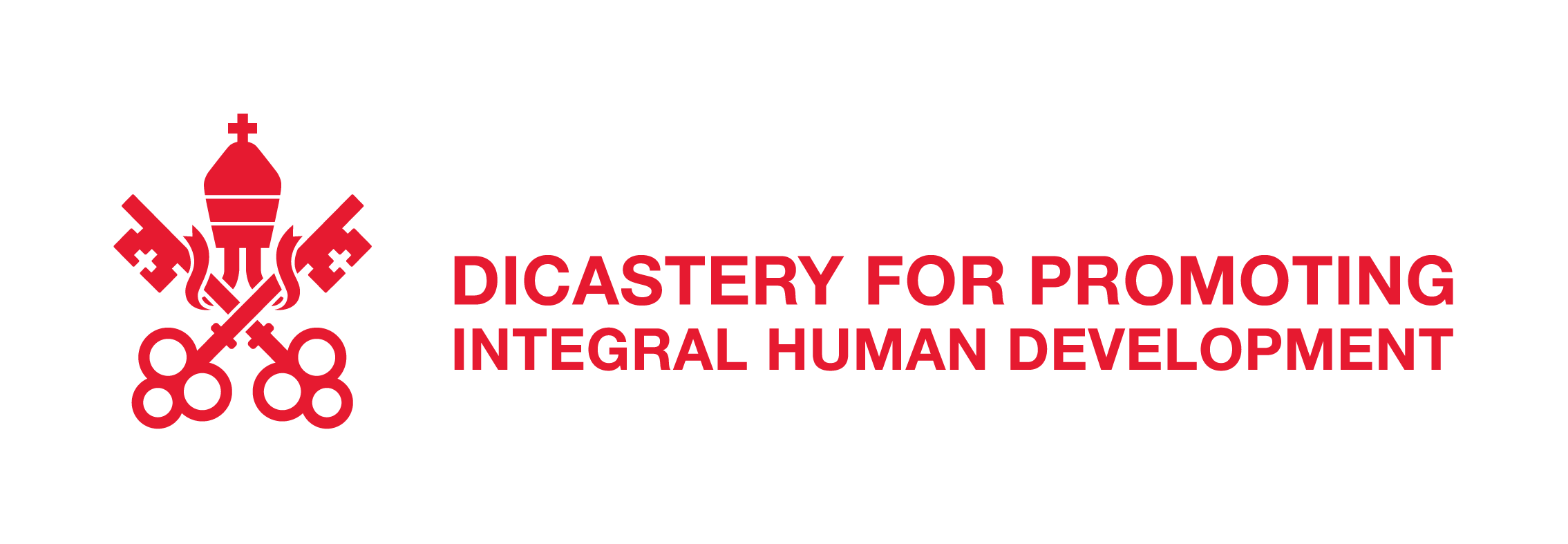Economy and Poetry
by EoF editorial staff

When we say poetry, economy is not the first word that comes to mind. And yet … without poets, the economy has degraded, it has entered areas only for insiders, has left the artists’ field of vision and, there, it has lost touch with fundamental dimensions of existence. For as long as a poet sees, looks at, sings about something – love, pain, a child – he is redeeming it from its mortal destiny. He etherealises it with his maieutic eyes: the first enemy of thanatos is the logos, in particular the poetic logos, which has the capacity to resurrect life.
The sad day when poets left the economy – when did that happen? – the economy became progressively dehumanised, it became merely techné. Day after day, it has settled for know-how and lost the know-why, it has forgotten the ‘hau’ (spirit) that inhabits things and protects them from our total manipulation, a hau that only poets, the only surviving seers in the twilight of the gods, can still discern or at least hear their groaning.
We won’t find a new economy, an economy that is the friend of the poor and of children, without poets who begin to sing economy, who decide to look at it with eyes that are different because of the resurrection, who make a choice of wanting to find life within what seems dead but is alive. A poet who writes poetry about markets and businesses is worth more than a hundred PNRR (recovery plans), more than ten finance laws, because he redeems economy from the kingdom of quantity, and introduces it into that of quality (the only human one), where the single coin of a widow is worth more than all the treasures of the temple of Jerusalem (Mk12:41-44).
















